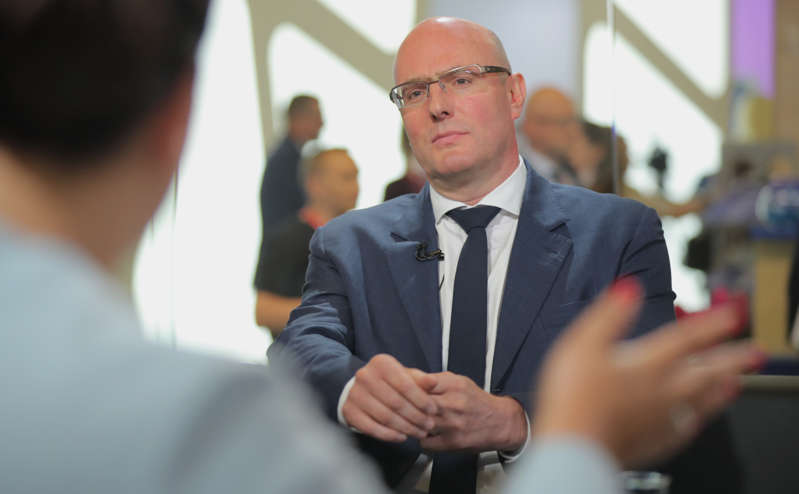
The Russian Association for Electronic Communications (RAEC) and the largest Russian EdTech companies (among them Netology, Skyeng, etc.) warned Deputy Prime Minister Dmitry Chernyshenko about the risks of the outflow of users of Russian educational online platforms to foreign services due to the provisions of the adopted amendments about educational activities. This is stated in a letter from RAEC to Dmitry Chernyshenko (RBC has a copy, its authenticity was confirmed by a representative of the association).
It follows from the document that “any information activities” outside the framework of approved educational programs are in the category of “educational activities” regulated by the government, and excessive control over online educational sites “will lead to a shortage of resources and services for the development of human capital and cultural education of the younger generations.” …
Also, the authors of the letter indicated that they are “concerned about the procedure” of control over the materials in connection with the huge amount of information on online sites. In particular, checking over 150 thousand content in Skyeng will take more than 12 thousand hours, checking assignments and webinars in the Foxford online school and Netology materials will take at least 30 thousand hours.
“We consider it necessary to focus on self-control from companies with the development of appropriate criteria and standards when drafting by-laws. This measure will allow to avoid possible risks of qualification of their materials by the control authorities as not meeting the requirements of by-laws, ”the letter says.
RBC sent a request to Chernyshenko's office.
In April, a draft resolution of the Ministry of Education was published on the regulation.gov.ru portal, which establishes the procedure, conditions and forms of educational activities in educational institutions of Russia. In particular, it is proposed to prohibit foreign agents and persons without two years of experience from engaging in this activity.
Experts have already stated that this document imposes unreasonable restrictions on participants in educational activities, since, in particular, the same restrictions should be applied to them as to teachers.
On Tuesday, April 27, four Russian IT associations (Russoft, Association of Computer and Information Technology Enterprises, Developers and Operators of Electronic Services Systems and Non-Profit Partnership of Software Suppliers) addressed the head of the Ministry of Digital Science Maksut Shadayev with criticism of the document, wrote Kommersant. In their opinion, the resolution in its current form will complicate the interaction of IT companies and educational institutions. Because of this, the staffing problem in the IT industry will become even more dramatic, and the use of the expertise of foreign specialists will be impossible, experts warned.

